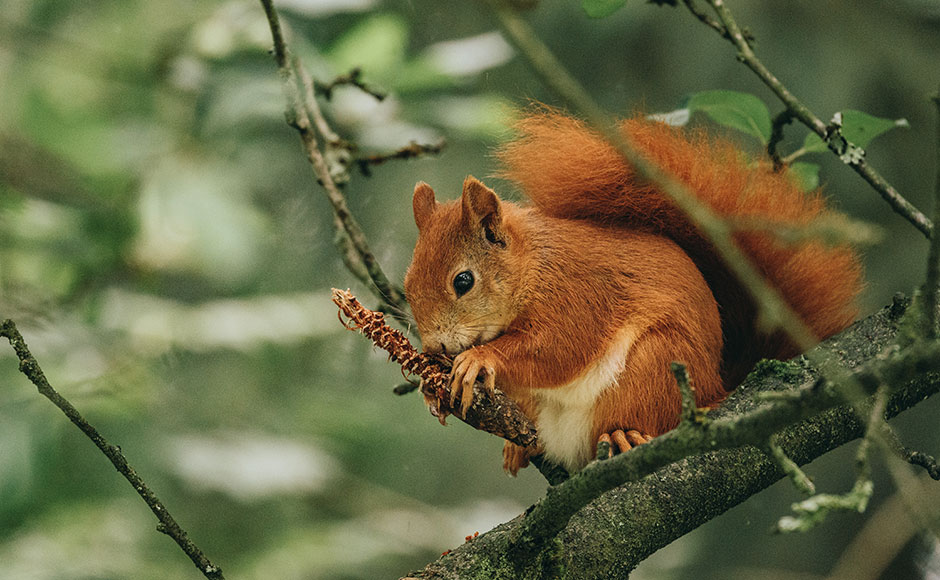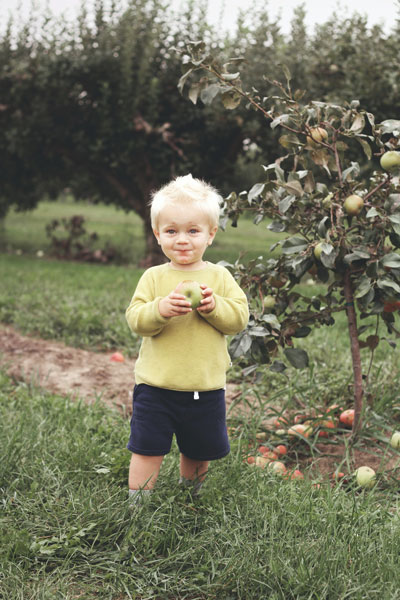Nature and biodiversity crisis: what can we do?

The crisis facing global biodiversity, what the Church is doing, and how congregations can help.
The Church of Scotland strives to be a Church in which the Five Marks of Mission are evidenced at local, regional, and national levels. The fifth of these is to safeguard the integrity of creation and sustain and renew the life of the earth.
What is biodiversity?
Biodiversity is the variety of life on earth that maintains the global web of life. This includes the multitude of complex interconnected ecosystems that maintain the cycles of oxygen, nutrient, water and other natural systems that ensure the sustainable existence of life on the planet.
The biodiversity crisis
Measuring biodiversity intactness is immensely complicated, but all methods show a rapidly increasing downward trend in global biodiversity. Global populations of birds, mammals, reptiles, fish and amphibians have declined by an average of 70% since 1970 and over a million known plant and animal species are facing extinction. The UK has lost nearly half of its biodiversity, making it one of the most nature-depleted nations in the world.
Some of the causes of this decline is habitat loss and degradation, pollution, over-exploitation and climate change caused by humans.
Why does this matter?
Biodiversity is important because everything that sustains human existence and wellbeing on the planet is dependent on it. The water we drink, air we breathe and food we eat are all reliant on millions of species and healthy ecosystems. Biodiversity loss not only represents a failure to be good stewards of God's world, but threatens the wellbeing, livelihood and lives of millions of people.
Hundreds of millions of people are at increased risk of floods, landslides, and tropical storms because of the loss of habitats that protected them.

Nearly a billion people across Asia and Africa are already at risk from food insecurity. Researchers state that the global average for biodiversity intactness currently sits at around 75% but must be rapidly restored to above 90% to avert the critical collapse of global food production.
Fresh water accounts for 25% of the global food production; however, according to the World Health Organization, 2 billion people only have access to badly polluted water. A report from the World Wildlife Foundation states that freshwater species, which includes mammals, birds, amphibians, reptiles and fishes, have declined by an average of 84% .
The World Economic Forum has found that half of the global economic system is currently under threat from biodiversity loss. Habitat loss, degradation and stressed and over-exploited wildlife populations have also been linked to the emergence of COVID-19 and increase the chances of further pandemics from diseases jumping from animals to humans.
What is the Church doing?
The Church of Scotland cares deeply about the state of the planet and those who depend on the integrity of creation.
The Public Life and Social Justice Team keeps up to date on the latest biodiversity and climate science and uses the influence of the Church to steer the UK and Scottish governments towards better stewardship by responding to government policy and advocating for stronger, faster action on climate change. The team maintains strong links with partner organisations in climate and conservation at home and abroad to promote areas where the Church can take action.
The Church was involved in Faith Action for Nature, a multi-partner project to promote action for biodiversity in churches. The resources for this project are still available online.
The Church also ran a Church and Community Orchard project from 2019-2020 to pilot community orchards in church yards for the purpose of engagement, education and nature on church property. If you want to know more about the process of planting an orchard, get in touch via the contact information at the bottom of this page.

What can congregations do?
Congregations can do many things to promote wildlife and take action for biodiversity. Have a look at our partners at Eco-Congregation Scotland for tips and resources and consider joining to achieve an Eco-Congregation Gold Award for environmental stewardship.
There are also ideas for activities you can take part in on the Faith Action for Nature site.
From 2019-2020, the Church ran a Church and Community Orchard project to support planting community orchards in church yards. If your church has the space and means to do so, this is a lovely way to encourage biodiversity and community engagement.
The global plan to restore biodiversity is to protect land and restore wild places by making farming better for nature, make buildings and urban areas more accommodating, protect our marine and fresh water ecosystems, make better decisions about our consumption of food and resources, and combat climate change.
If you would like to see the Church do more or take specific action, get in touch with the Public Life and Social Justice Team!